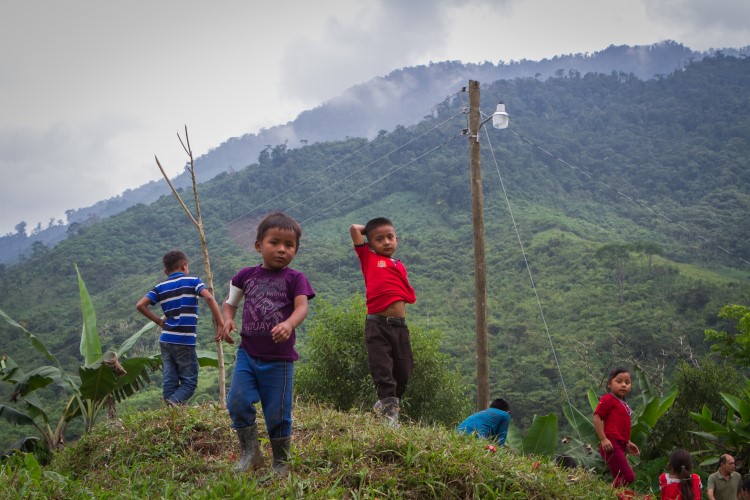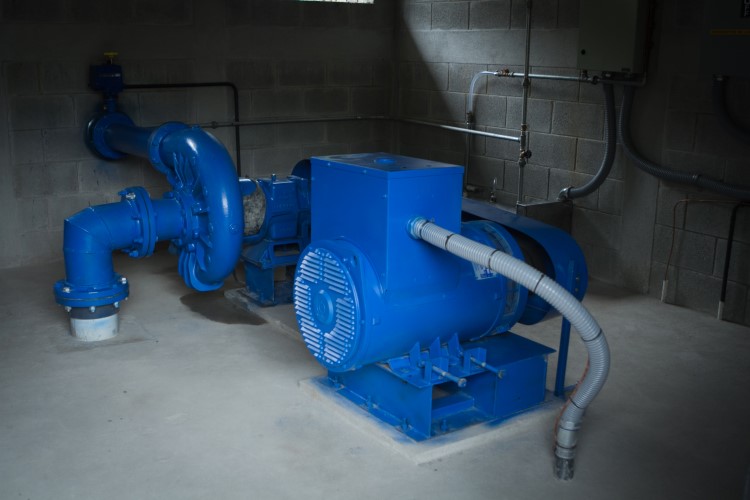Norwegian Church Aid in Guatemala
- Presence established: 1976
- Funds used in 2022: 4.8 million NOK
Our work in Guatemala focuses on three topics: Gender-Based Violence; Faith-Based Climate Action; and Rule of Law and the Civil Democratic Security.
After the 36 year long civil war that ended in 1996, Guatemala is still trying to come to terms with the conflict which left more than 200,000 people dead or missing. Guatemala has a strong indigenous culture, with indigenous Maya making up about half of the population. Despite being a middle-income country, structural inequality, discrimination and corruption mean that this does not translate into a decent standard of living for the majority, especially the indigenous population. According to the Global Climate Risk Index, Guatemala is among the most vulnerable countries in the world to climate change disasters. In the past ten years, it has suffered from extreme hydrometeorological events resulting in economic losses and social and environmental impacts, mainly for rural and indigenous communities. Despite laws and policies criminalising violence against women, gender-based violence remains widespread. Rates of violent deaths of women are escalating, with 8,264 cases reported between 2008 and 2018. In addition to suffering from violence in their homes, women are exposed to sexual, psychological, physical and economic violence in public spaces. Due to this, women are not fully able to exercise their basic human rights.

NCA has been present in Guatemala since 1976, providing emergency assistance and long-term development in local communities. In 2017, NCA became part of the joint programme, Jotay ACTing Together, or ‘Jotay’. NCA brings 40 years of experience and partner relations in Guatemala into this programme implemented together with four other ACT Alliance members; Christian Aid, Church of Sweden, Bread for the World and Lutheran World Federation. This cooperation model fosters synergies amongst the agencies, increases effectiveness, contributes to sustainable development, and builds stronger partnerships with civil society. For NCA, partnering with civil society actors is its primary approach to fulfilling its mandate to strengthen civil society.

NCA/Jotay in Guatemala contributes to a strong and independent civil society with active participation of women and indigenous peoples, promotes sustainable and resilient development models, and works to eradicate gender-based violence. Together with Guatemalan civil society organisations and other partners, NCA/Jotay implements long-term development programmes in:
In Guatemala, NCA/Jotay increases local resilience and bridges the gap in the humanitarian-development nexus, through emergency preparedness and response planning. This ensures an appropriate, timely, effective and coordinated response to crises when they occur.
By addressing the rights of women and indigenous peoples in Guatemala, NCA/Jotay’s long-term development programme eradicates GBV and strengthens civil society and climate resilience.
NCA/Jotay in Guatemala implements its programme in the departments of Quiché and Totonicapán. The focus is on indigenous women, women leaders from indigenous communities, food producers, faith-based actors and community authorities.